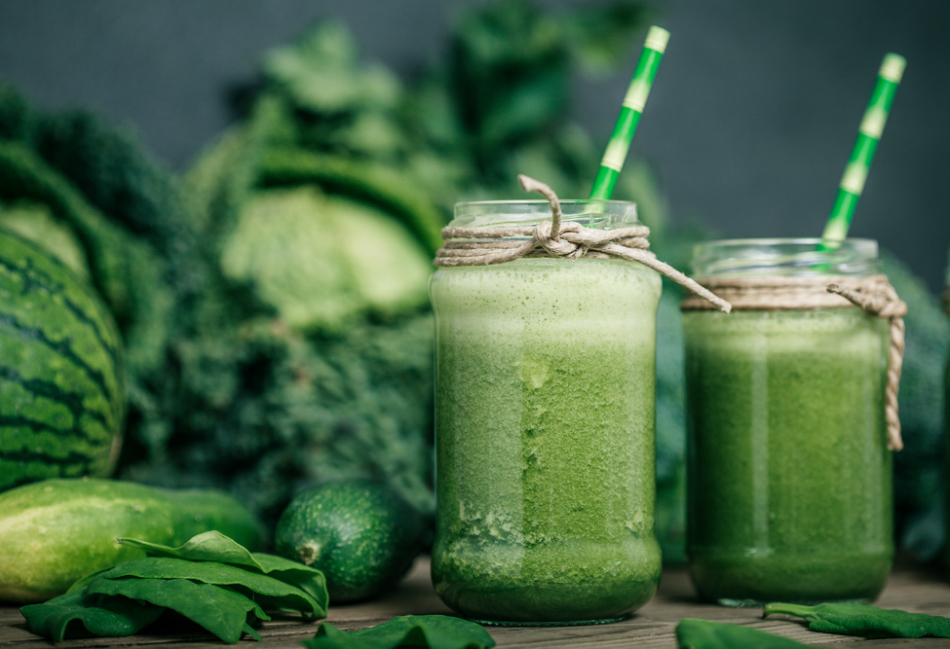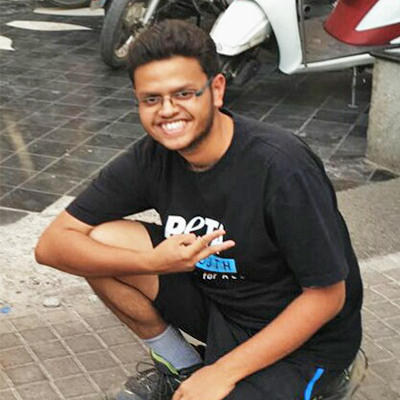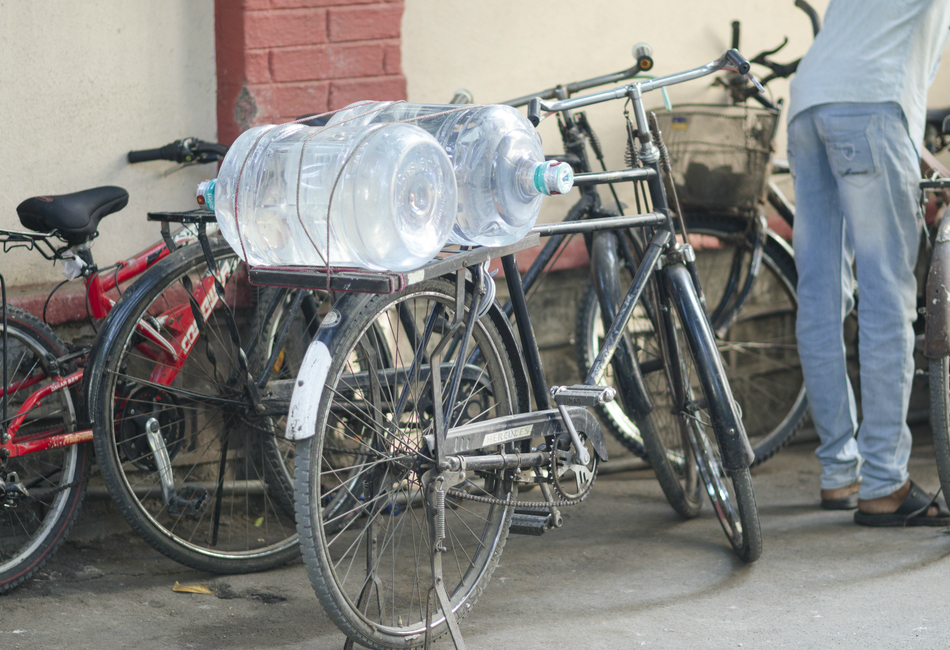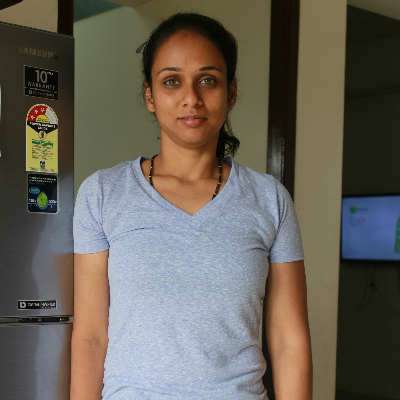Download Free Vegan Starter Kit -
.jpg)
Meat and Fish Sale Banned in Lucknow in Wake of CoronaVirus Scare
CoronaVirus stories have been hitting the headlines globally since quite some time now. The World Health Organization has declared a "public health emergency of international concern", with the Covid-19 (name of the respiratory disease caused by the coronavirus) having struck 1,00,000 people and caused 3300+ fatalities in 88 countries.
The disease has already hit Indian Cities and 30 people have been diagnosed with Covid-19.
The North-indian city of Lucknow in the state of Uttar Pradesh, seems to be, very rightly, taking this very seriously. On March 5, 2020, the District Magistrate (DM) of Lucknow Abhishek Prakash said, “The sale of meat, semi-cooked meat and fish has been banned in open areas in the district to ensure that coronavirus does not transmit through meat.”
Restaurants and hotels have been strictly instructed to maintain cleanliness and hygiene. All the cow shelters also need to be sanitized, as part of the new ban. To ensure high standards of sanitation in areas where animal products are sold, regular fogging will also be done.
This notice has been issued after a meeting with experts, doctors etc., Mr. Prakash mentioned.
The order had reportedly been issued much before and some eateries had also put a notice at their premises but there was a lot of laxity in adherence and non-vegetarian food items were still being sold in the open.
There have also been reports that poultry wholesalers have seen upto a 50% decline in sales and retailers, about 25-30%! A similar pattern has been noticed in the egg industry. They blame it on the "fake news" about the latest Covid-19 virus, that it can spread by eating animal ("non-vegetarian") food. In fact, countries like Afghanistan have also banned animal products from passing its borders.
A few days back we published a story about the ban on the trade and consumption of wild animals in China which was put in effect because the virus seems to have originated in bats, and might also have found an intermediate host in pangolins (exotic animals, known to be the most trafficked).
It's interesting to note that the latest corona virus has been named SARS CoV-2 (Severe Acute Respiratory Syndrome CoronaVirus-2) by the International Committee on Taxonomy of Viruses (ICTV). It's been named so because, "From a taxonomic point of view, it’s so related to the previous virus (SARS), it needs to be included in its name," said Stanley Perlman, Virologist, University of Iowa.
The SARS outbreak of 2002-2003, caused by a similar strain of coronavirus also had zoonotic origins, and spread in a very similar way as the 2019-nCoV( another name for the latest coronavirus). It claimed 774 lives and had 8000+ reported cases.
Another point to be noted is that it is very common to find coronaviruses in livestock. Studies about the particular Covid-19 virus are inconclusive about farm animals like chickens, goats, cows getting affected or being intermediate hosts to the virus. But there have been some reported cases about "low-level" infections found in "pets" like dogs. Additionally, a study published in the Journal of Virology, American Society for Microbiology states a higher possibility for animals like pigs, cats, civets, ferrets and some primates like orangutans and monkeys to get infected with the 2019-nCoV.
When asked to comment on the virus spreading by consuming animals like chickens, goats etc., the Food Safety and Standards Authority of India (FSSAI) CEO, Shri GSG Ayyangar said, "There is a misconception that coronavirus will spread through chicken, mutton and seafood. There is nothing like that. It is scientifically not proven. I am a scientist, I will not buy this argument."
Mr. Ayyangar, who was previously the senior deputy director general (admn.), Indian Council of Medical Research (ICMR), said that it was just a matter of time before a vaccine for the Covid-19 virus would be developed, and also assured that India has always efficiently managed such outbreaks.
He also said, "It is basically an animal virus. Let us leave it to scientists to figure out how it has been transmitted. However, ours is a tropical country and once the temperature crosses 35-36 degrees celsius, no virus will survive. Let us pray to God that winter ends and temperature rises."
While we appreciate the measures being taken to control the outbreak of the SARS CoV-2 in India, but is it not better to be safe than sorry, especially at this crucial stage when we are at the brink of a possible pandemic? Some reports suggest that we may have even already reached that stage!
We, as citizens, expect more tangible steps by our leaders (in addition to "praying to God" and waiting for a vaccine) like restricting the consumption and trade of animal products, stricter laws for wet markets etc., given the fact that the Covid-19 virus is zoonotic and further studies are being done to find out more potential means of transmission.
We hope other cities borrow a page from Lucknow's ban and take the strictest of measures to stop this global deadly virus from spreading.
Stay safe!
Read: China Places a Ban on Trade and Consumption of Wild Animals in an Attempt To Curb CoronaVirus
Read More: Chinese officials announce "Highly Pathogenic Strain" of Bird Flu that can spread to Humans
AUTHOR

Explore
Contact Us
About Us
Stay Connected
Copyright ⓒ 2017-2023. VEGAN PASSION PRIVATE LIMITED. All Rights reserved.
For more information, please write to hello@veganfirst.com
Registered Office Address: 55, 2nd floor, lane 2, Westend Marg, Saidullajab, Near Saket Metro Station, New Delhi, Gadaipur, New Delhi South West Delhi, DL













